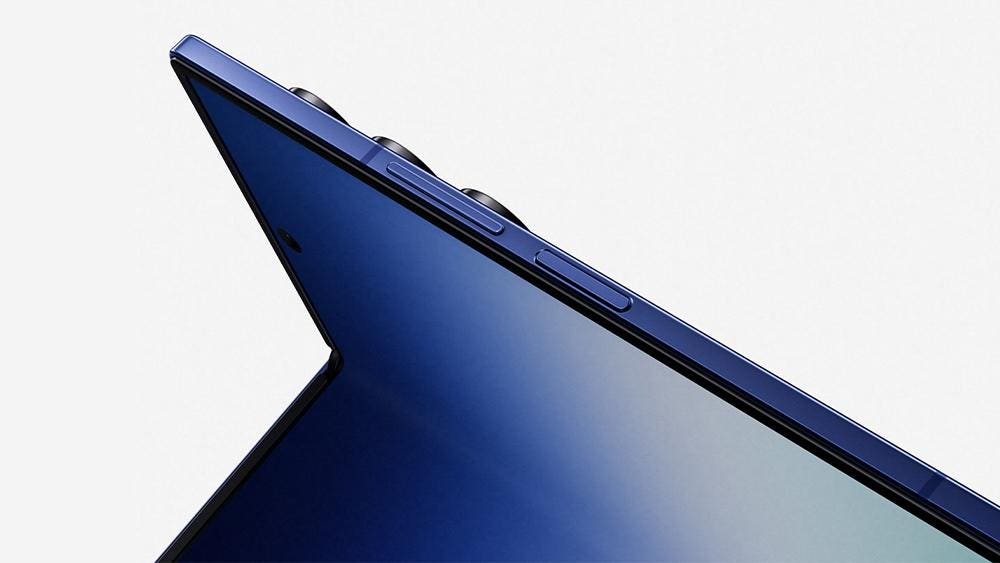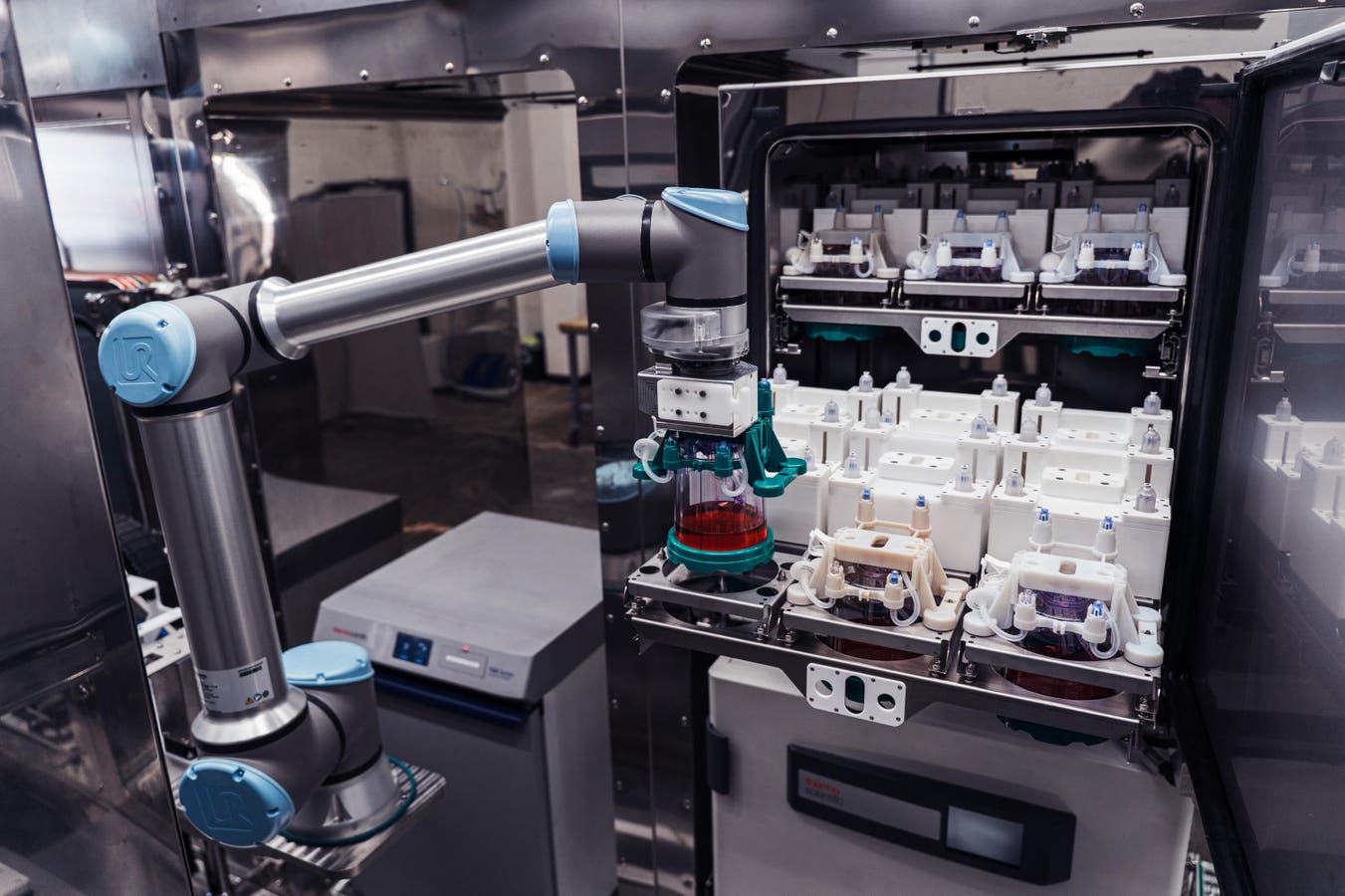Samsung has just launched its latest foldable phones, the Galaxy Z Fold 7 and Galaxy Flip7. Although the folding phone is a category that Samsung more or less created, these days there are folders from rivals such as Motorola, Google, Huawei, OnePlus, Honor and more. So, how does Samsung stay out in front?
Samsung Galaxy Z Fold7 in Shadow Blue
Jay Kim is Samsung’s Head of Customer Experience Office, overseeing planning for the company’s Galaxy devices, from cellphones to wearables, PCs to tablets and more, and spoke to me prior to the launch.
“We’ve put so much effort into foldable phones over a long time. We had a prototype back in 2011 and now this is the seventh-generation model. It’s not just the hardware, it’s also the software and experience of using it that we’ve been working on. Now, it’s getting to a tipping point where it can jump and become a mainstream premium device,” Kim said.
As more folding phones join the market, Samsung needs to be different. “Our position compared to rivals is durability,” he said, “It’s something we don’t compromise on. We have a strong position there. You have to work to optimize the content so what you see is a continuation from the external screen to the internal ones. I worked closely with Google for many years to make sure that the operating system really fits.”
“The second part is, I think the AI experience on the phone is something that will probably continue to lead and set the standard for the mobile industry. As you know, we introduced the Galaxy S24 as the first AI phone,” Kim explained.
“Eight or ten years ago there was Google Assistant, Alexa, Katana and Bixby, and though people were wowed by them, expectation was high but the technology was terrible. Basically, it was mostly hype. Now, the technology is actually higher than the expectation,” Kim went on. “We can focus on agentic AI and an integrated AI platform, because it’s getting ready to be more of an ecosystem. Our focus is more on multimodal AI, one that’s becoming more personal.”
Jay Kim
Multimodal AI refers to how you can interact with, say, a mobile phone with touch, voice and vision, rather than touch alone. “Unless it’s personal it becomes less relevant so we’re starting to think about more personalization in terms of how to bring more meaning to the the features that you use every day. AI will be the strong differentiator that we have against the competition and I think we’re in a good position to make that work.”
So, how much do consumers woarry about AI? “Whether it’s AI or whether it’s something else, I don’t think the consumer cares that much. They just want to get it done. And our work is to make sure that consumers can get it done easily,” Kim says.
Finally, there’s the matter of making the phone thinner. The new phone is barely more than half the thickness of the original Fold, and around 25% thinner than last year’s model. As Kim says, “Before we got to where we are, there were six years of engineering: the main reduction of thickness, we did it in one year. We re-engineered a lot of things, we used different materials, titanium layers and we completely re-engineered how we did it. So, we’re not afraid to change how we design things,” Kim said.









